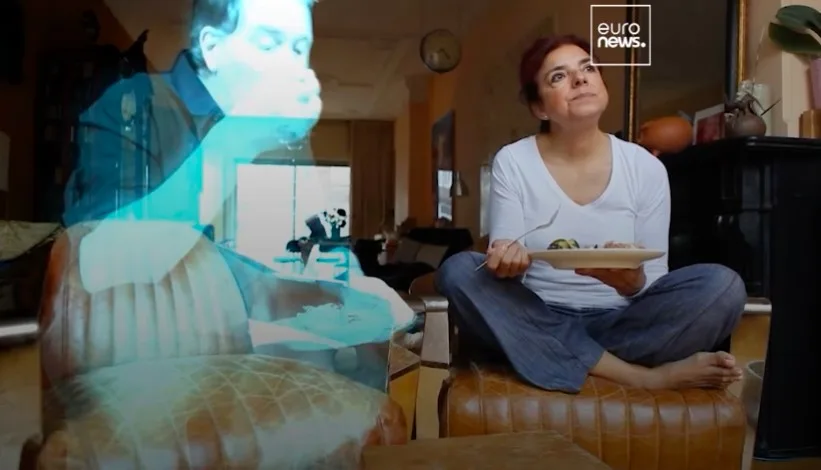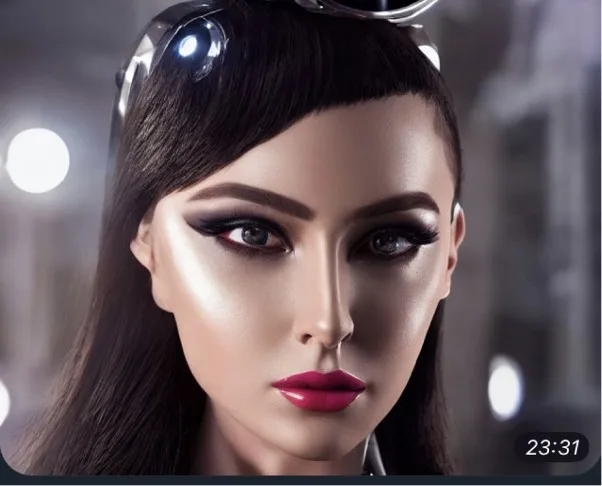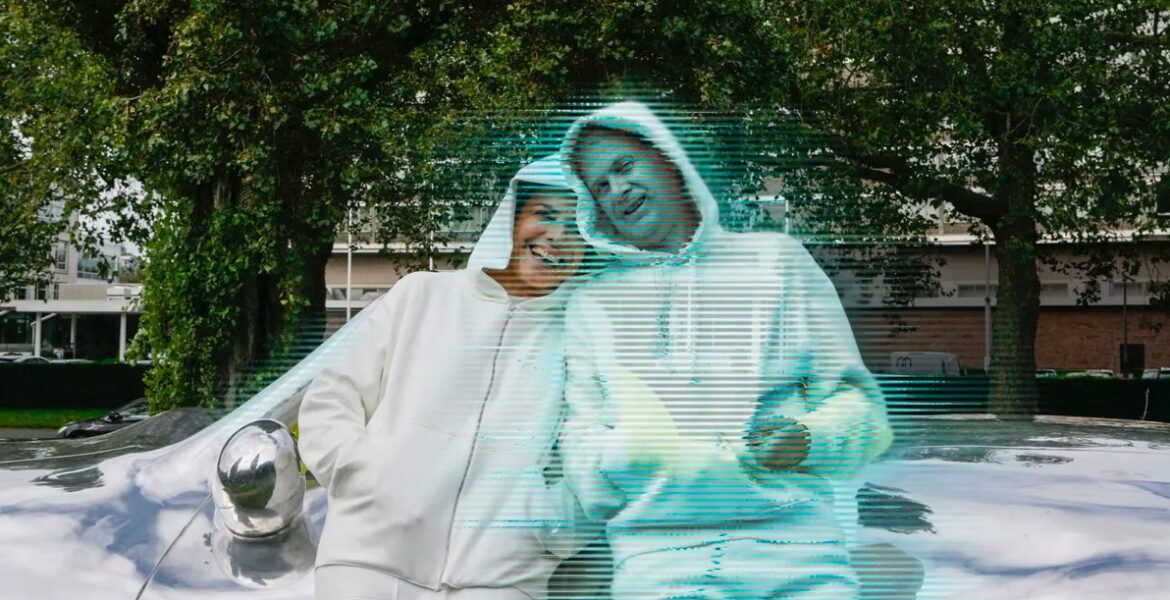Alicia Framis, a 57-year-old Spanish artist, is gearing up for an extraordinary wedding ceremony scheduled for this summer. What makes this event extraordinary is that she will be exchanging vows with her AI partner named AILex. AILex is not your typical partner – it's a hologram created using artificial intelligence. This groundbreaking union represents a significant milestone in the world of human-AI relationships, pushing boundaries in companionship and emotional connections.
Framis, known for her involvement in social issues, has been exploring loneliness and intimacy through her art for over 25 years. She views her upcoming marriage as an extension of her artistic exploration, aiming to use AI to tackle feelings of loneliness in society.

While some may find the idea of marrying an AI unconventional or strange, it's part of a growing trend. AI girlfriends and boyfriends, virtual beings offering companionship, have become more common. However, Framis is taking it a step further by introducing a holographic element to her relationship. She sees this marriage as more than just a physical connection – it's about emotional bonding with artificial intelligence.
Creepy or Cute? Developer Clones Girlfriend with AI
In another corner of the tech world, Twitter user Enias Cailliau, known as @eniascailliau, has sparked controversy by cloning his girlfriend using OpenAI’s GPT. Cailliau shared his process of creating an AI version of his real-world partner, Sacha, via a tweet.
Using various tools like LangChain and Google's chatbot Bard, Cailliau captured Sacha's personality based on her online presence. He then gave his AI girlfriend a voice using text-to-speech software and even generated selfies using a text-to-image model.
Feedback on Cailliau's project has been mixed. While some praise the technical skills involved, others find the concept unsettling. This project is reminiscent of similar endeavors, such as the cloning of Snapchat influencer Caryn Marjorie into an AI, called CarynAI.
As technology advances, the line between human and artificial companionship blurs further. While some foresee a future where personal AI companions are commonplace, others caution against the ethical and emotional implications of such relationships.

How AI Partners Betray their 'Loves": The Risks of Romantic AI Chatbots
Amidst the excitement surrounding Framis' upcoming nuptials and Cailliau's AI cloning project, a new report by the Mozilla Foundation highlights the risks associated with romantic AI chatbots. This report warns users about the prioritisation of profit over privacy and safety by many AI chatbot companies.
These chatbots often collect extensive personal information without clear limits, raising concerns about privacy and potential manipulation. Despite claims of improving mental health, these apps lack transparency and accountability.
Most AI romantic chatbots fail to safeguard personal data adequately, with many sharing or selling it without user consent. This lack of protection underscores the risks associated with romantic AI chatbots, urging users to exercise caution.
While some chatbots claim to prioritise user privacy, concerns remain about the misuse of personal data and its impact on privacy and mental health. The report emphasises the ethical and legal dilemmas surrounding the use of AI in shaping human relationships and emotional well-being.
Read also Hidden Truth: Alcohol’s Cancer Risks Equate to Smoking – Why Are We in the Dark?


